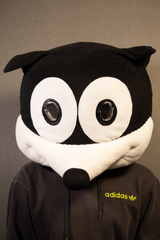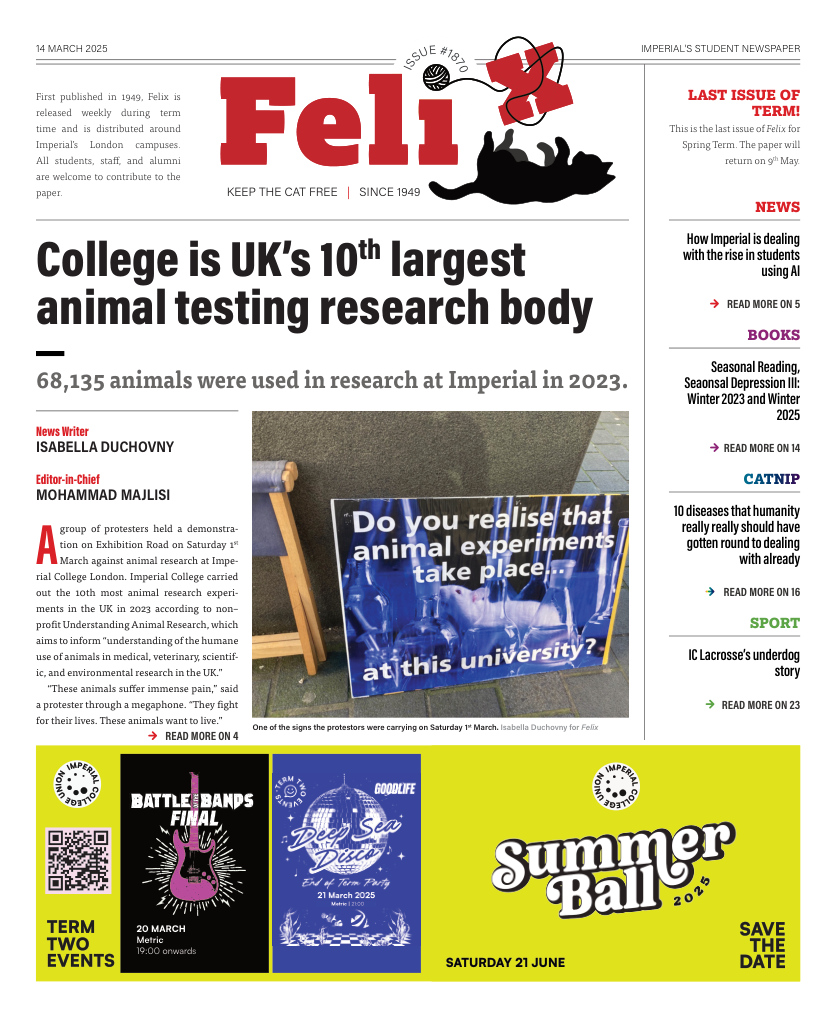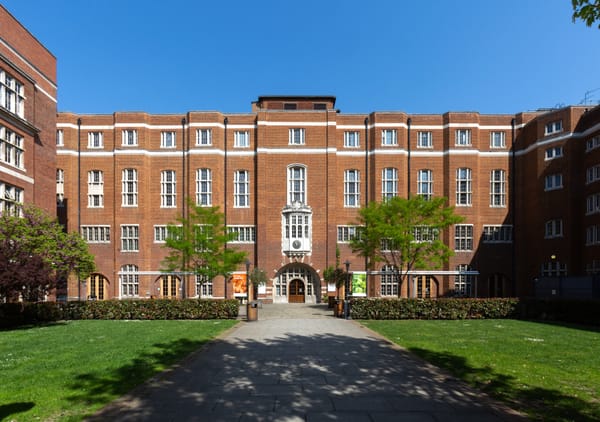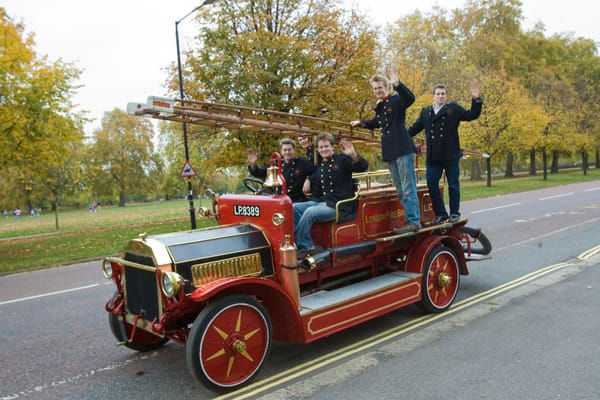College is UK’s 10th largest animal testing research body
68,135 animals were used in research at Imperial in 2023.

A group of protesters held a demonstration on Exhibition Road on Saturday 1st March against animal research at Imperial College London. Imperial College carried out the 10th most animal research experiments in the UK in 2023 according to nonprofit Understanding Animal Research, which aims to inform “understanding of the humane use of animals in medical, veterinary, scientific, and environmental research in the UK.”
“These animals suffer immense pain,” said a protester through a megaphone. “They fight for their lives. These animals want to live.” 68,135 animals were used in research at Imperial in 2023. 60,850 were used in “scientific procedures”, with 7,555 animals used for “breeding or tissue collection purposes”. The vast majority of animals used were mice, accounting for 93.41% of all animals involved in animal testing in 2023.
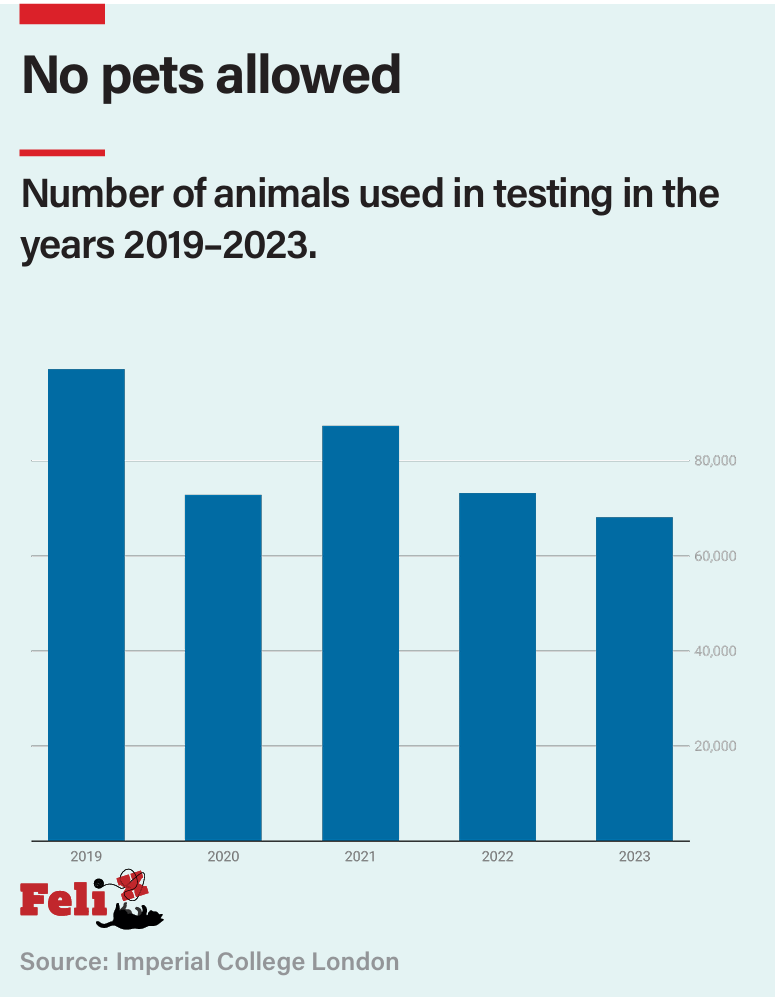
Although most procedures fall under the “sub threshold” and “mild” categories of experimentation, defined by the Home Office as being experiments that “did not actually cause suffering above the threshold of regulation,”, or where the level of pain felt is less than that caused by a hypodermic needle, and experiments where “animal returns to its normal state within a short period of time” respectively, 690 animals were used in “non–recovery” experiments. During non-recovery experiments the animal is under general anaesthesia “from which [they] shall not recover consciousness”.
Animals used in experiments are not rehomed. According to a 2025 Freedom of Information Act request, “in the majority of cases” animals used in experiments are “humanely killed” following the conclusion of an experiment to collect organs and blood for research. Animals are not released to prevent mutations or infections passing onto wild populations.
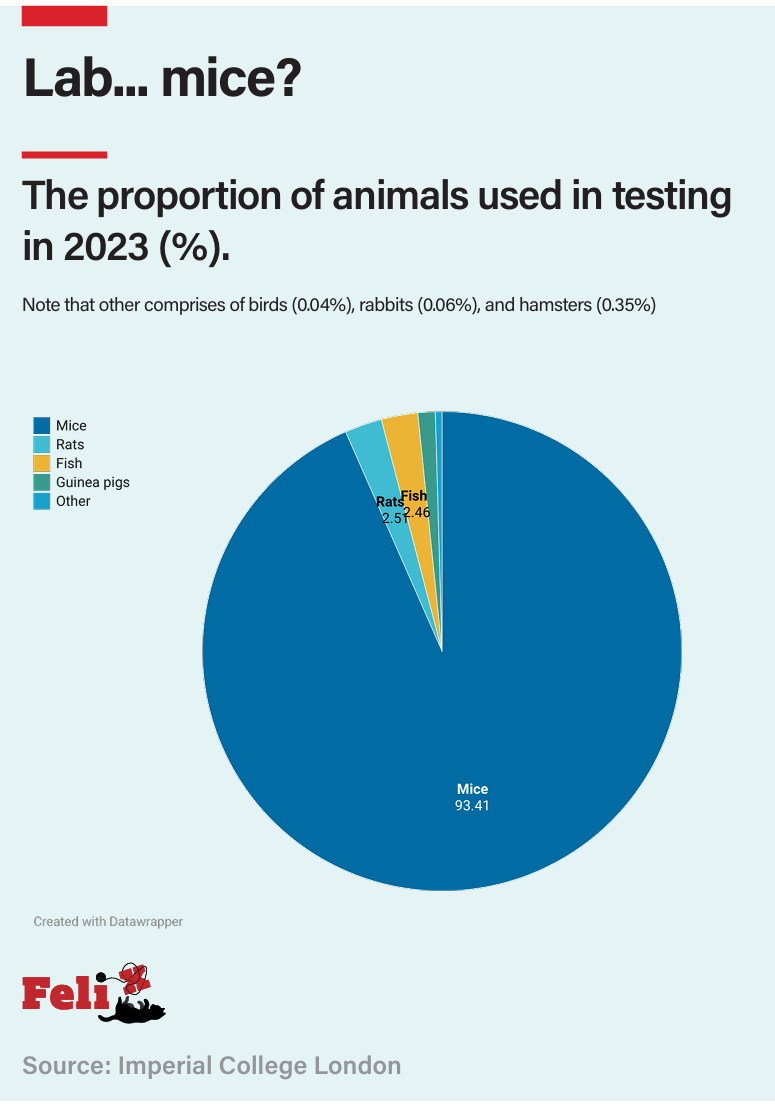
However, Imperial has seen a year on year decrease in animal testing since 2021.
An Imperial College London spokesperson said: “Animal research forms a small but important part of Imperial’s biomedical research work and plays a critical role in the development of new and improved methods for diagnosing and treating diseases that affect both humans and animals.
“The university is committed to the 3Rs of replacement, reduction and refinement in animal research to ensure that animals are only used when there is no other suitable alternative and that all animals in the university’s care are treated humanely.
“Scientists who work with animals at Imperial are supported by a team of vets and technicians who are responsible for maintaining high levels of animal welfare.”
“Only a small percentage of medical and biological research involves the use of animals,” reads Imperial’s policy on the use of animals. “That part remains vital, however, to further the development of treatments or cures for medical conditions that blight or destroy the lives of humans – and animals.”

One protester held up a sign reading, “Are you OK that animals are tortured in useless experiments in this city? I’m not!” They handed out flyers from Exposing Cruelty, Victims of Charity and Safer Medicines Trust.
The protest was organised by London Animal Rights Advocacy, a small grassroots organisation with no link to Imperial students or staff. Kyra Shannon, one of the protesters, explained that they aim to raise awareness of the animal research happening at Imperial and to promote alternatives to vivisection, such as going cruelty-free.


